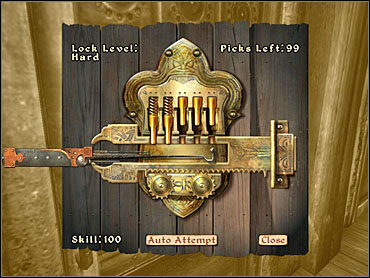Newman discusses how games now have elements of ludus and paidea, allowing players to engage in what he calls “goal-oriented” or “free-play” activities. When this happens in emergent gameplay, players are using games not only as they are intended to be used but in ways unintended by the designers. They are constructing a new game themselves from the components of a pre-made one.
So what does this type of gameplay look like?
In some cases, players create new narratives within free-play, and this has elements of Newman’s “paidea”. A player may decide, for example, that their story in an open-world game such as Fallout or Grand Theft Auto is not to complete the main quest and narrative of the game, but rather to think up a new, unique back story for the character and set out on mission to act out this story in game. In this case, rather than making the choices needed to accomplish the main goal, the player is making decisions as they would in the narrative he or she has thought up.
In other cases, players give themselves personal goals other than those dictated by the game. This is a type of activity Newman describes as ludic, as the player is creating a new set of rules along with this new goal.
For example, I know of an individual who played the game Oblivion and decided to steal and sell every plate they could find in the game. As a rule set, the player could not get caught while doing this. In doing so, the player created a meta game in which the goal was theft and stealth, something the game allowed for but that was not really the way the developers intended plates and stealth skills to be used. Thus the attributes of the game become the building blocks for another.
In some cases, emergent gameplay is more complex, with players actually using the game attributes in more complex ways. However, as open-world games become more and more detailed and flexible, even players without great technical skills are able to create new narratives or new goals to fuel their desire to create new games.
Do you play games only as intended? What are some ways you can think of playing some of your favourite games that are not intended by the designers?

No comments:
Post a Comment